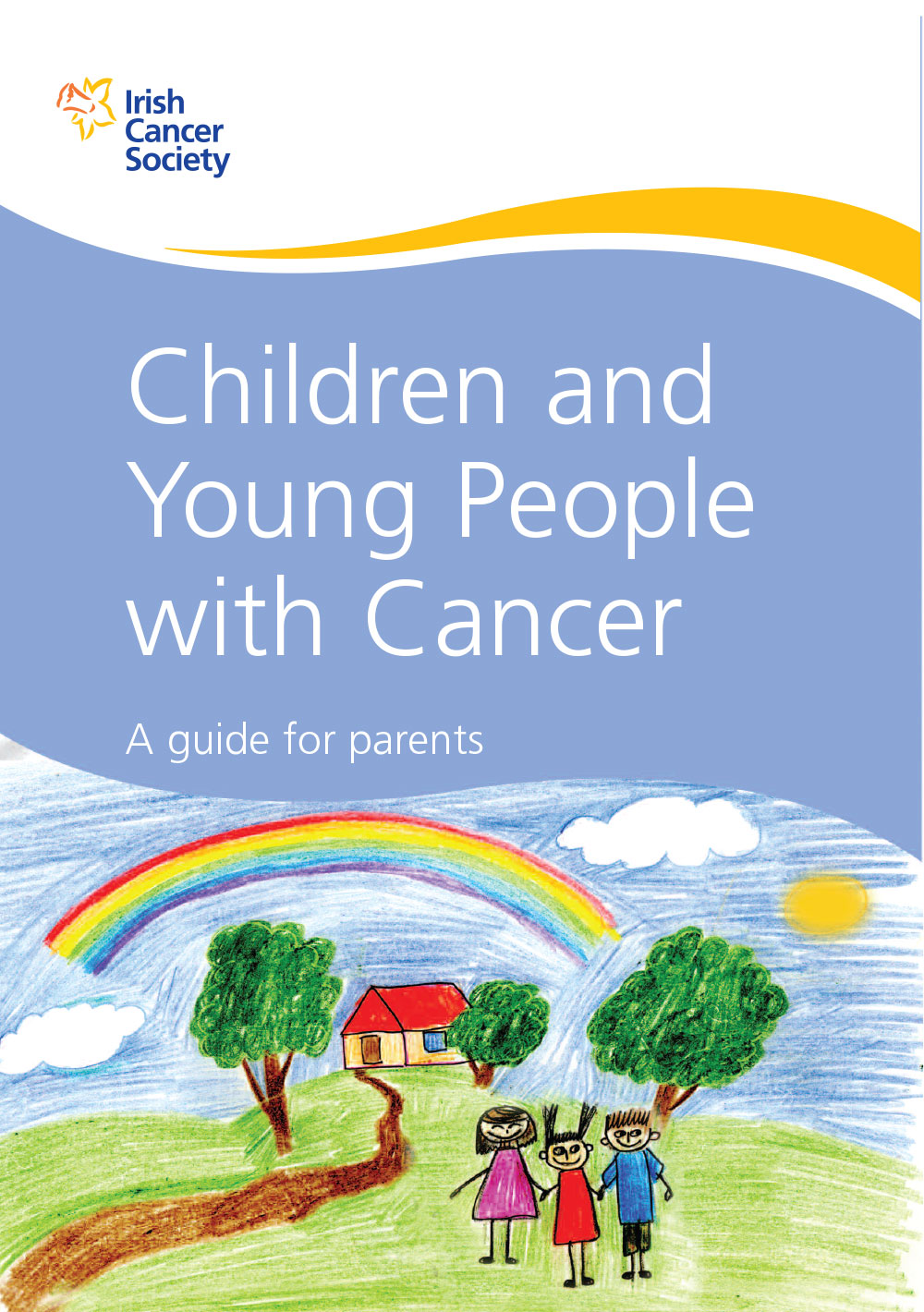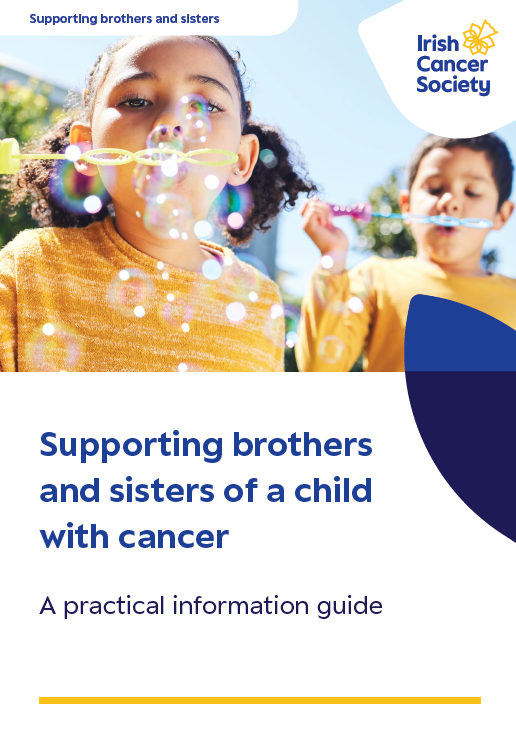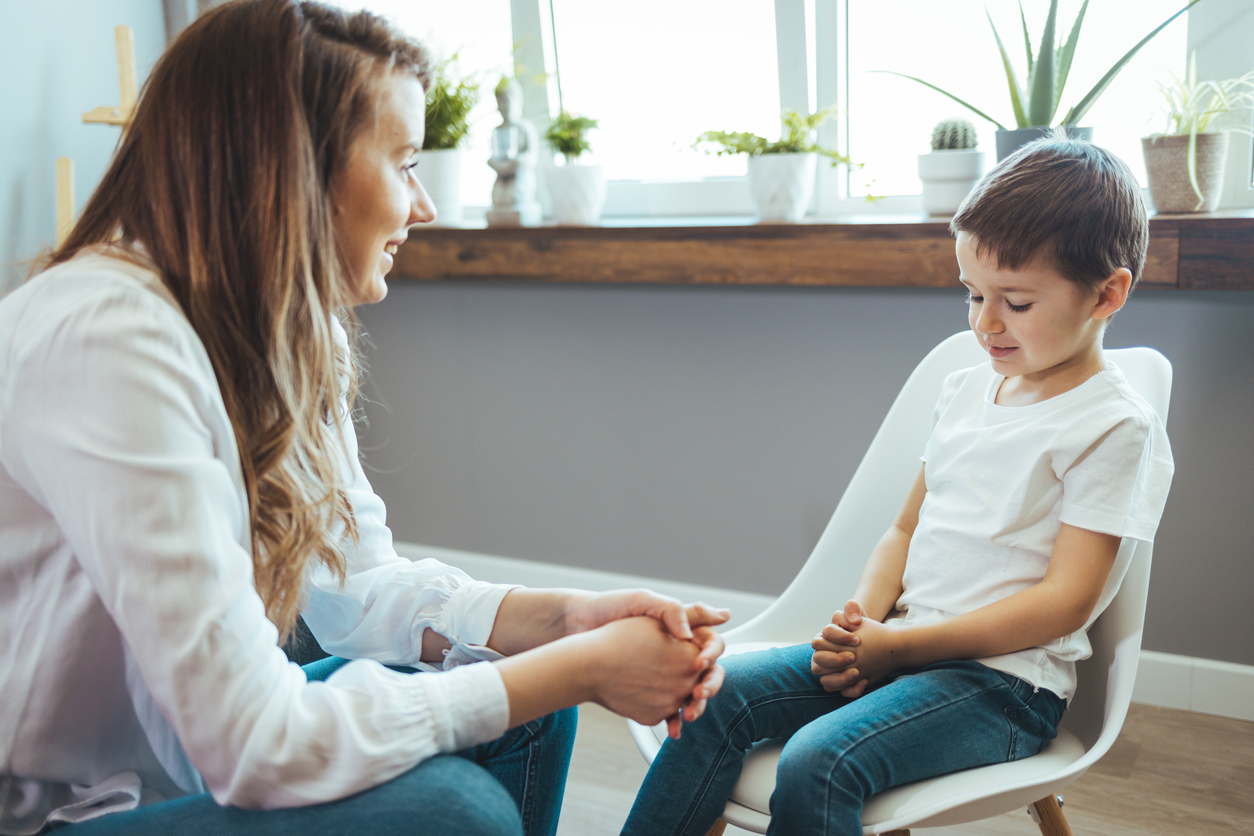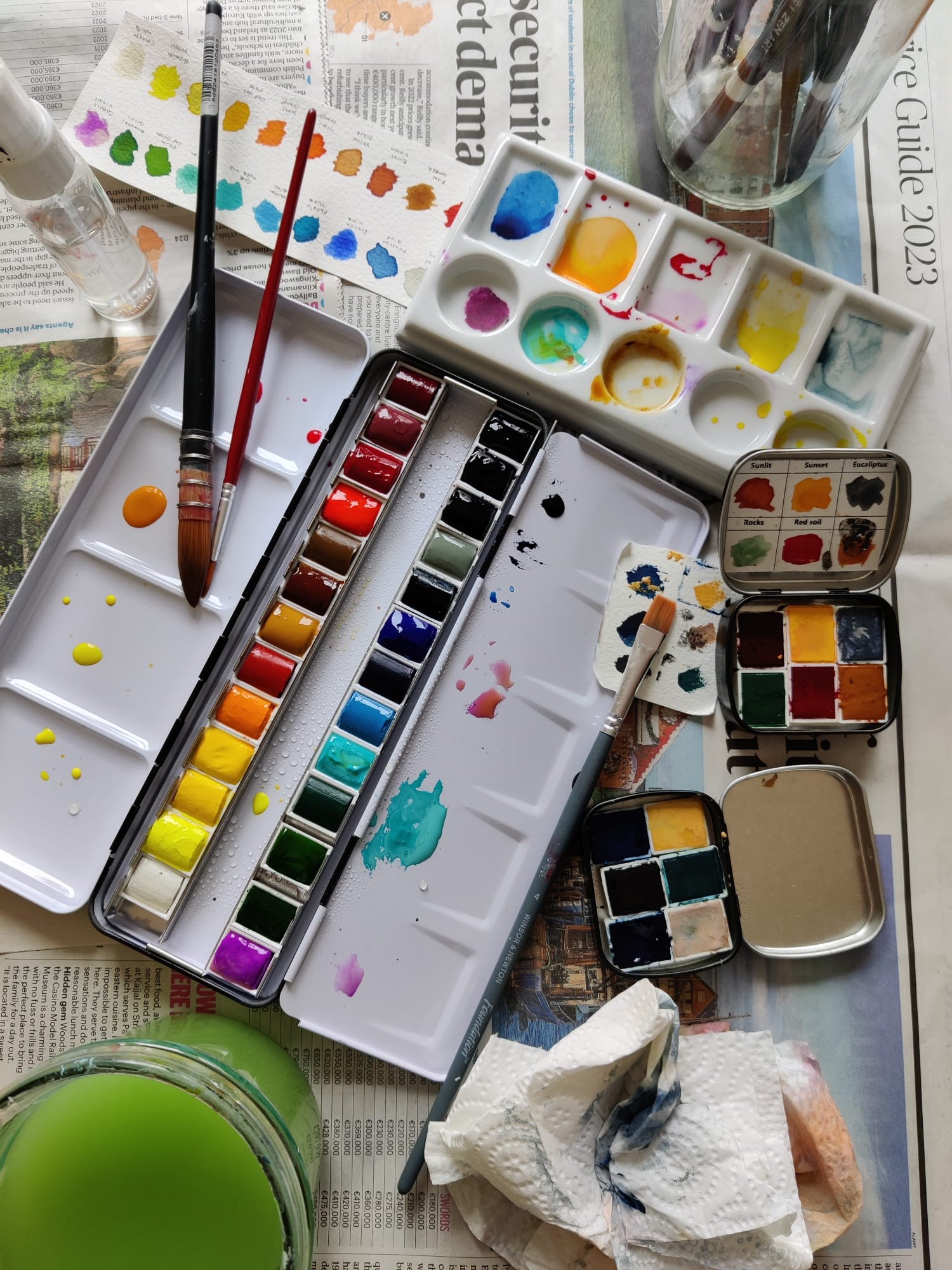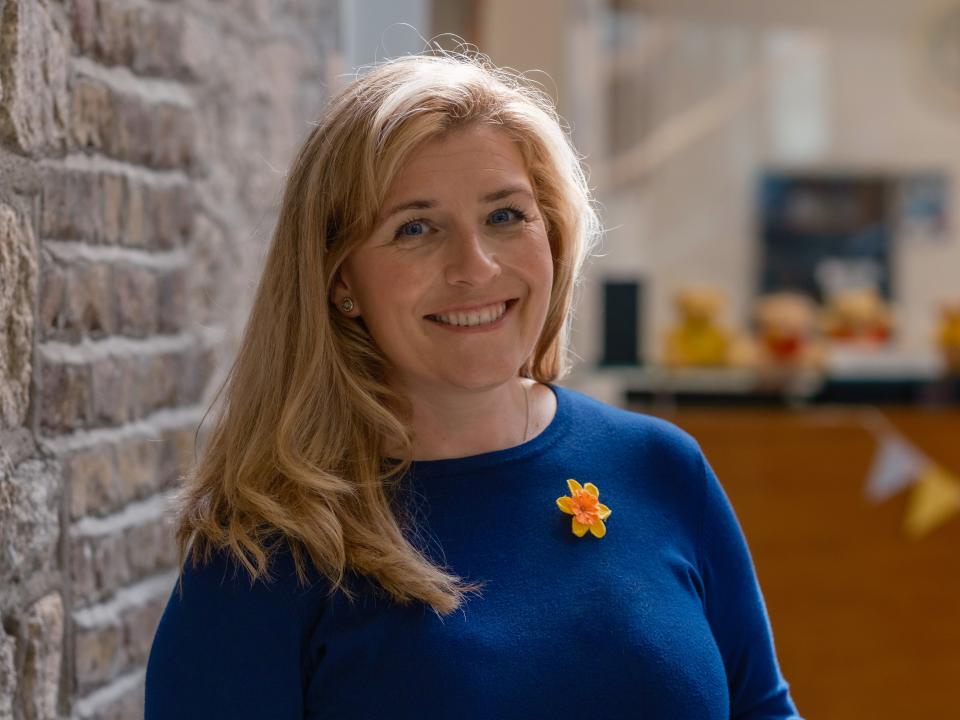If your child has been given permission from the hospital to mix with other children, then encourage them to do so. They need the company of children their own age. Your child will benefit from the give-and-take of social contact and the feeling that they are like other children. Play can boost a sick child’s morale and self-esteem.
Family outings are still important. Avoid bringing your child to very crowded areas and check with your medical team if you have any worries. If you wish to bring your child to the cinema, shops, church, avoid busy times.
If you’re child isn’t able to get out much, arrange some form of activity for them during the day. Toys, playing cards, board games, jigsaws, video games, art and books can help to pass the time. Sending messages and emailing friends will keep older children busy.
You might like to sign them up for a residential camp, such as Barretstown. This is a specially designed camp for children with serious illnesses and their families, based in Ballymore Eustace in Co Kildare. It offers a range of adventurous and challenging activities, free of charge, which are supported behind the scenes by health professionals. Ask your child’s specialist nurse or medical social worker for more details.
